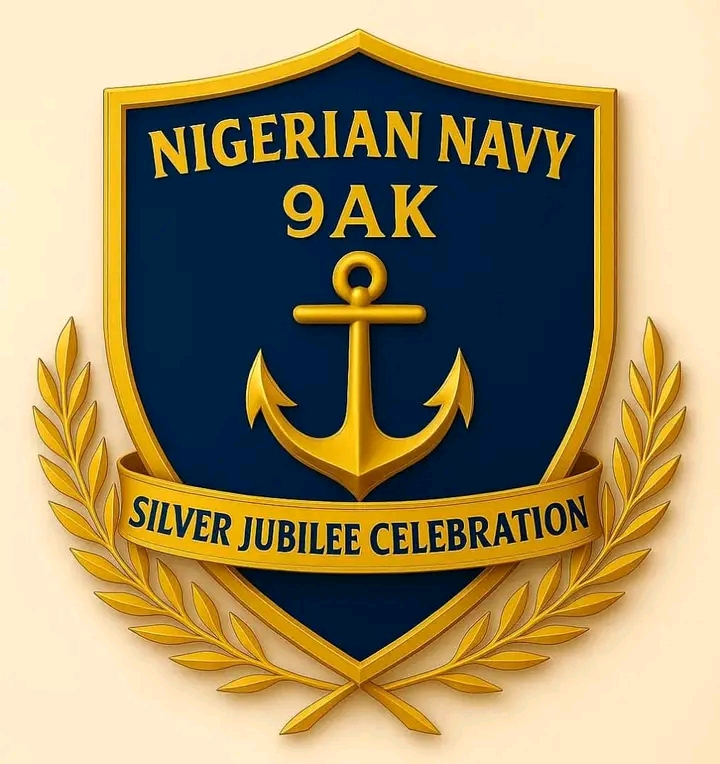By Abdul Lauya
On 14 August 2000, about 610 young Nigerians, men and women in their early and late twenties, gathered at Port Harcourt to begin a six-month basic training at the Nigerian Navy Ship AKASO (NNS AKASO). They would emerge as sailors, forming the 9th set of trainees at the facility, known ever since as the 9AK Batch.
Yesterday marked 25 years since that intake took the oath to serve the nation at sea. Over the decades, their paths have diverged: many have risen to become commissioned officers, some have attained the highest non-commissioned rank of Master Warrant Officer, others retired honourably, some were dismissed, and a number paid the supreme sacrifice.
Away from the uniform, they have lived the full breadth of life, fathers, mothers, grandparents, divorcees, and still-proud singles.
Yet behind the roll call of promotions and personal milestones lies the untold story of what it meant to serve as a sailor in the volatile Niger Delta during the early 2000s. This was an era when the nation’s oil-rich creeks and waterways were a theatre of armed militancy.
The 9AK Batch along side their other colleagues were deployed to protect the country’s mainstay, crude oil production, and the sprawling network of installations, terminals, and offshore platforms that fuelled the national economy.
It was dangerous work. Before the amnesty granted by the late President Umaru Musa Yar’Adua in 2009 brought a fragile peace, naval patrols frequently faced deadly confrontations at sea with militants loyal to figures like Mujahid Asari-Dokubo and Government Ekpemupolo (Tompolo).
These encounters were not mere skirmishes; they were high-risk operations in treacherous terrain where the line between routine patrol and combat could vanish in seconds. Several members of the 9AK Batch never made it back to port, their service ending in the cold waters they swore to defend.
The Nigerian Navy’s presence was, and remains, the thin blue line ensuring that pipelines, export terminals, and offshore fields remained functional. Without their vigilance, the disruptions to oil exports could have crippled the nation’s economy.
For those who served during the height of militancy, the experience was defined by long nights on choppy seas, tense standoffs in mangrove creeks, and a constant readiness to face armed hostility.
Now, a quarter-century later, the 9AK Batch stands as a living testament to endurance, discipline, and sacrifice. They are bound by memories of comradeship, loss, and moments when personal safety took a back seat to the call of duty.
As Nigeria continues to depend on the Niger Delta’s resources, their story is a reminder that the calm waters of today were secured by years of silent, often bloody, service.
For the departed heroes of the 9AK Batch, their watch is over; for those still serving, the mission continues.
For advert placement and inquiries, publication of press releases, and news coverages, please call: Phone: 08052898434 Email: editor@eyereporters.com, click here to view the advert rates.


